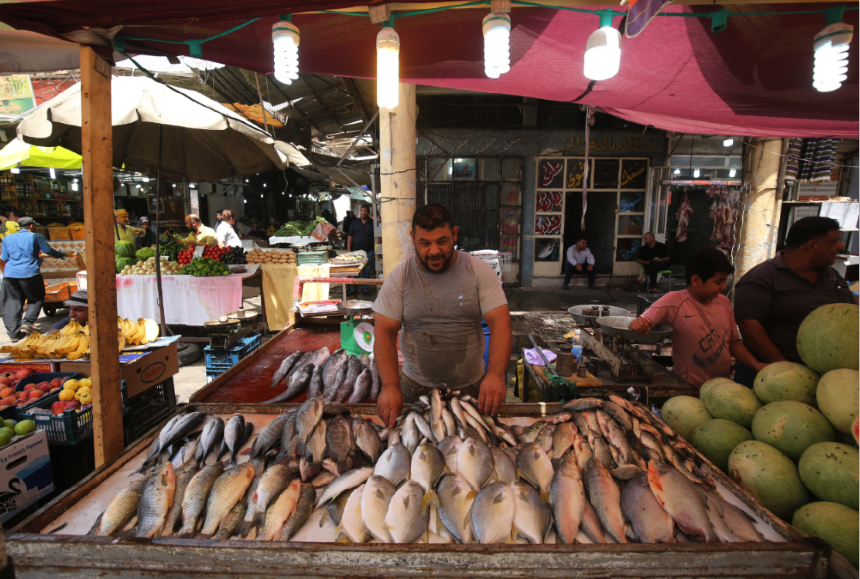São Paulo – The International Monetary Fund (IMF) released a report on Iraq this Friday (26). The document is part of the so-called Article IV consultation, which prescribes that the Fund hold bilateral discussions with its members. After visiting the country to collect economic and financial information, the staff prepared a report, which forms the basis for discussion by the Executive Board.
The Fund reports that Iraq’s improved security situation together with the recovery in oil prices have improved near-term vulnerabilities. Large fiscal and current account surpluses — around 8 and 6% of Gross Domestic Product (GDP), respectively — were recorded in 2018, allowing the government to retire domestic debt and accumulate fiscal buffers. Gross international reserves reached USD 65 billion by end-2018.
Despite the positive indicators, however, the reports pointed out that post-war reconstruction and economic recovery have been slow. Non-oil GDP rose by only 0.8% year-on-year in 2018 in a context of weak execution of reconstruction and other public investment. Overall GDP contracted by around 0.6% as oil production was cut to comply with the agreement signed by the Organization of the Petroleum Exporting Countries (OPEC).
The IMF Executive Board encouraged the authorities to seize the opportunity presented by the improved security situation and higher oil prices to implement policies and structural reforms aimed at ensuring macroeconomic and financial stability, tackling long-standing social problems, and promoting sustainable and inclusive growth.
The 2019 budget implies a sizable fiscal loosening that will reverse the recent reduction in vulnerabilities. Current spending is expected to increase by 27% year-on-year, in part due to a higher public sector wage bill, while revenues will be dampened by the abolition of non-oil taxes. As a result, IMF projects the budget to shift to a deficit of 4% of GDP in 2019, as well as projecting reserves to decline.
The report also expects the fiscal and external positions are expected to continue to deteriorate over the medium term absent policy changes. Although the level of public debt will remain sustainable, gross fiscal financing needs will increase. Non-oil GDP growth is projected to reach 5,4% in 2019 but subside over the medium term.
In a context of highly volatile oil prices, the major risk to Iraq’s outlook is a fall in oil prices. This would lower exports and budgetary revenues, leading to an even sharper decline in reserves or higher public debt. IMF believes that geopolitical tensions, the potential for social unrest in a context of weak public services and lack of progress in combatting corruption pose further risks.
The IMF directors pointed out necessary measures such as scaling up reconstruction and development expenditure gradually; the need to strengthen public financial management to ensure public spending is appropriately monitored; and reducing vulnerabilities to corruption. They also pointed out a gradual fiscal adjustment, including containing current primary spending and boosting non-oil revenues, as well as an overhaul of the banking sector to maintain financial stability.
Directors agreed that building public institutions and enhancing governance is key. They called for further modifications to the legal regime for combatting corruption in the country coupled with stronger coordination between the relevant government agencies, while continuing to strengthen the framework for anti-money laundering and combatting the financing of terrorism.
Translated by Guilherme Miranda




